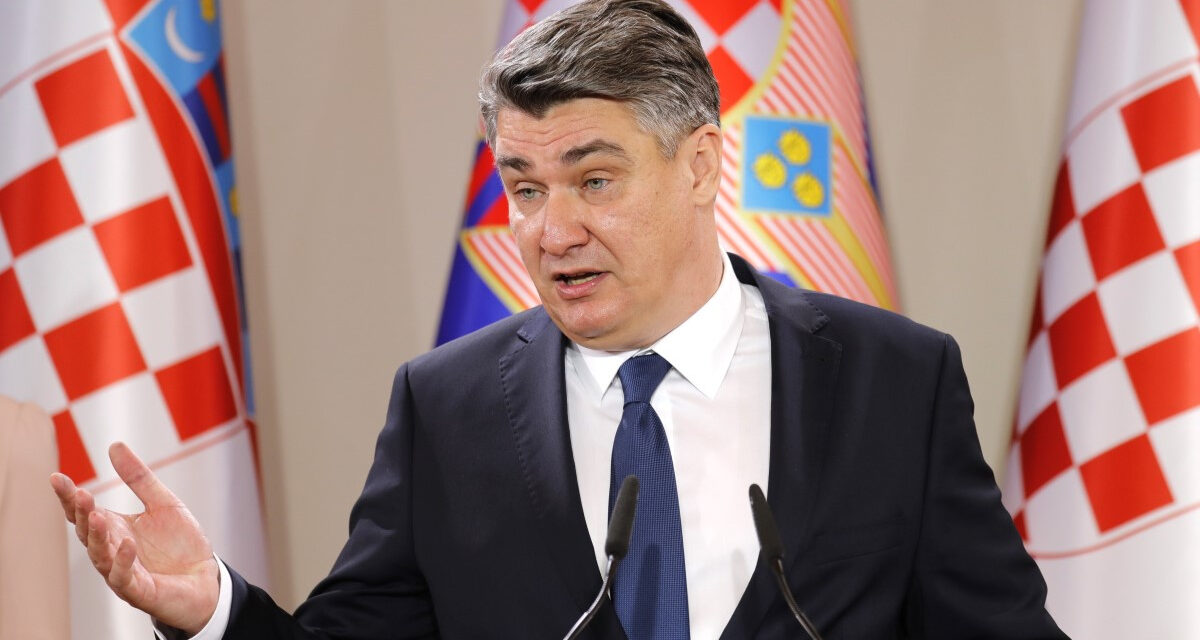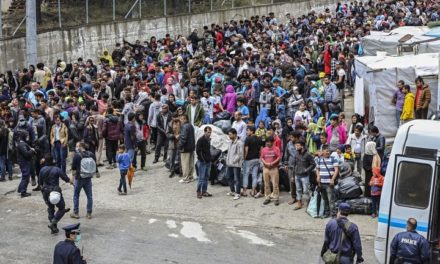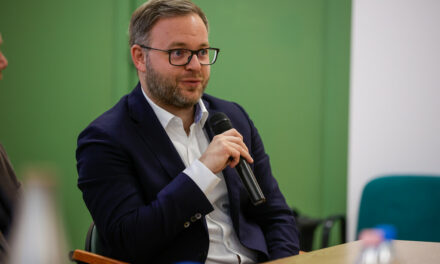Croatian President Zoran Milanovic announced on Tuesday that if he has the chance, he will veto the NATO accession of Finland and Sweden if no solution is found to reform the electoral law in Bosnia and Herzegovina by then, Croatian public television (HRT) reported.
Milanovic explained: if he is present at the upcoming NATO summit in Madrid, he will veto the NATO invitation to join. He added that if he is voted on at a lower level, he probably won't be able to force, for example, the Croatian ambassador to represent his position in the NATO Council. At the same time, he noted: "like the devil the guilty souls" , he will persecute everyone who votes for the joining of Stockholm and Helsinki in Croatia.
Is the Croatian president threatened by Kyiv's revenge?
According to Prime Minister Andrej Plenkovic, Milanovic is abusing the situation of Bosnian Croats and pursuing a pro-Russian policy. Former Russian prime minister Dmitriy Medvedev recently wrote in his Telegram post that the Croatian president is threatened by Kiev's revenge for his statements about Ukraine and Russia. Milanovic emphasized that he is not on the side of the Russians. "The Russians are playing their own game and they are the aggressor in this war," he said. At the same time, he believed that "there is a company in power" in Croatia that is actively working against the interests of the Croatian people in Bosnia-Herzegovina.
I also swore to protect them (Bosnian Croats) and if necessary I would die politically"
- he said, then added that he is not afraid of either Russia or Ukraine. As he said, he is on the side of the Croats, fighting for the Croatian state, and the government accused him of betraying the Bosnian Croats just so they could deal with him.
The dispute between the right-wing prime minister and the former socialist head of state is not new, but the situation has become so bitter between them that they do not even speak to each other. At the last event they both attended, they passed each other without shaking hands or greeting each other.
The Dayton Peace Agreement, which ended the Bosnian War of 1992-1995, divided Bosnia and Herzegovina into two parts: the Republic of Bosnian Serbs, inhabited mainly by Serbs, and the Federation of Bosnia and Herzegovina, inhabited predominantly by Bosniaks and Croats. Zagreb objects to the way in which representatives of ethnic groups are elected, for example, that each canton can delegate one Bosniak, Croat and Serb candidate to the parliament, regardless of the ethnic composition of the population.
According to the Croat minority, this method gives the opportunity for Bosniaks in places where there are few Croats to have a say in the election of the representative. For this reason, the Croatians are the biggest advocates of amending the electoral law, because according to them, the current law does not ensure the fair enforcement of their rights.
(MTI)
Photo: MTI/EPA/Antonio Bat













